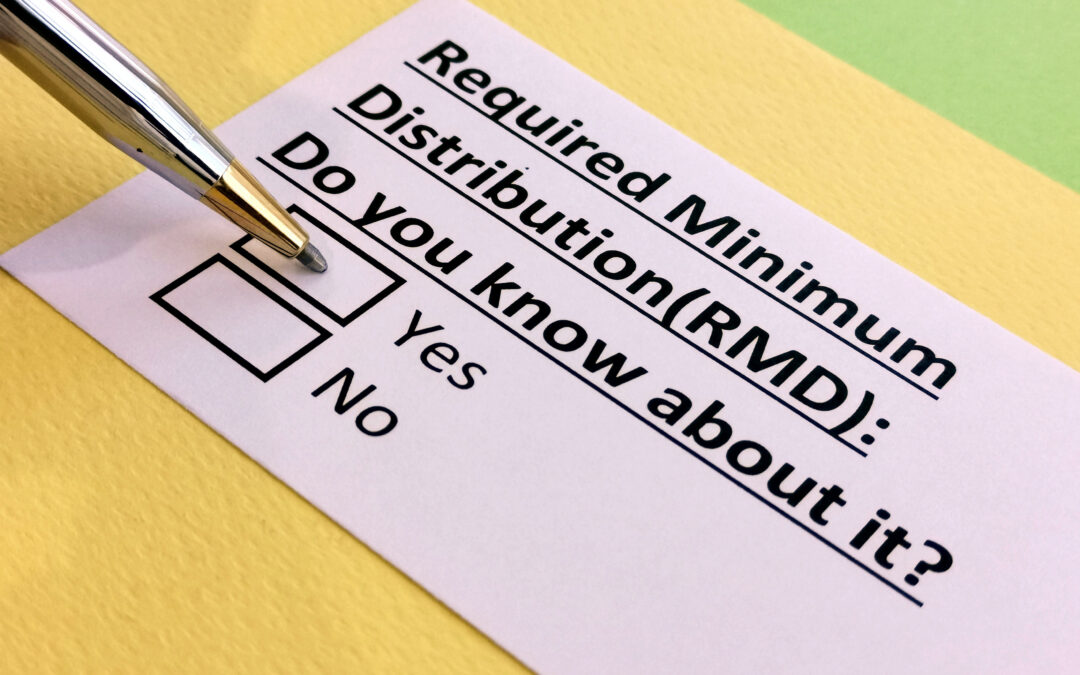
by Springwater Wealth | Nov 2, 2023 | Investment Management, Retirement Plans, Wealth Management
The 2024 retirement plan limits have recently been announced by the IRS. These new limits are effective January 1, 2024. If you’re an employee and a retirement plan participant, be sure to contact your employer as soon as possible if you wish to change your retirement...

by Springwater Wealth | Apr 26, 2023 | Investment Management, Retirement Plans, Taxes
Background In December 2022, Congress passed legislation that enhanced the 2019 SECURE Act. The enhancement – referred to by many as SECURE 2.0 Act – was signed by President Biden and enacted immediately. The law includes a number of significant provisions...

by Springwater Wealth | Apr 26, 2023 | Investment Management, Retirement Plans, Wealth Management
You’re leaving your current job. Maybe you’ve retired, or you’ve taken a new job with another employer. Or maybe your current employer has laid you off. One decision you’ll need to make is what to do with your employer-sponsored retirement account with your former...

by Springwater Wealth | Apr 25, 2023 | Financial Planning, Investment Management, Retirement Plans
SECURE 2.0 Act On December 23, 2022, Congress passed legislation enhancing the Setting Every Community Up for Retirement Enhancement (SECURE) Act of 2019. The 2022 version, referred to as SECURE Act 2.0, was signed by President Biden days later. The plan includes...

by Springwater Wealth | Oct 21, 2022 | Investment Management, Retirement Plans, Wealth Management
The 2023 retirement plan limits have recently been announced by the IRS. These new limits are effective January 1, 2023. If you’re an employee and a retirement plan participant, be sure to contact your employer as soon as possible if you wish to change your retirement...

by Springwater Wealth | Jun 14, 2022 | Investment Management, Newsletter, Retirement Plans, Taxes, Wealth Management
Each fall, the IRS announces retirement plan limits for the next year. In November 2021, we detailed those 2022 plan limits on our website. As we write this, we’re almost halfway through the year. Here are some tips to take advantage of the 2022 IRS retirement plan...






